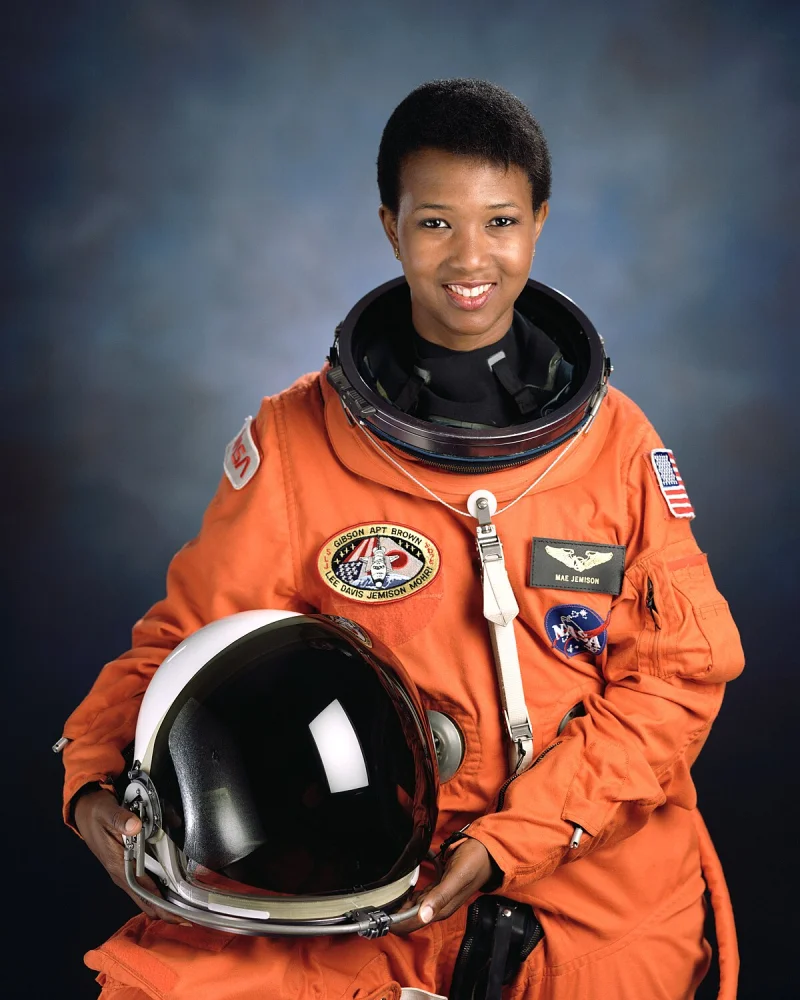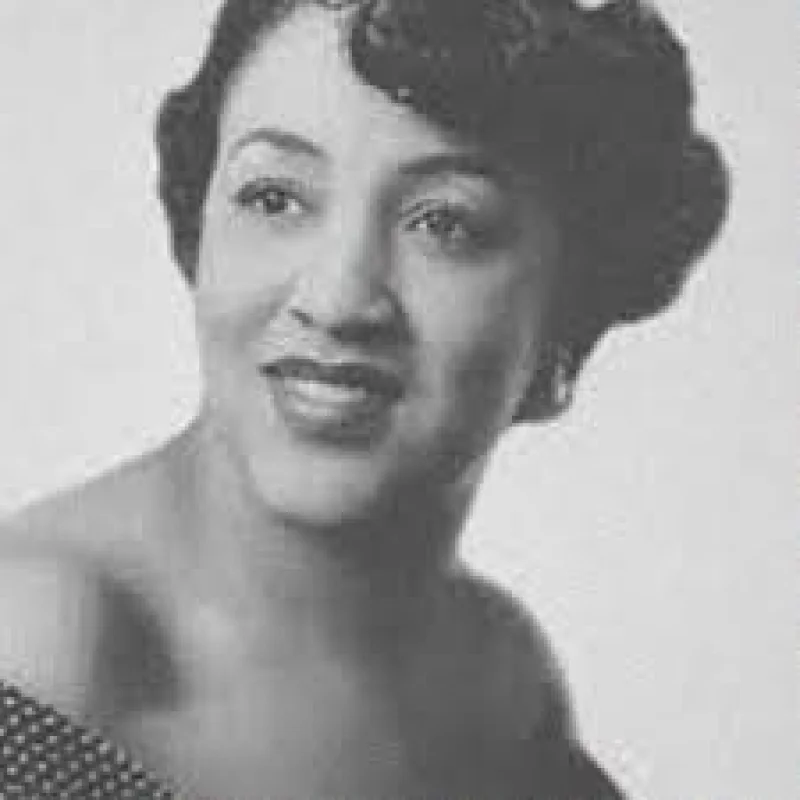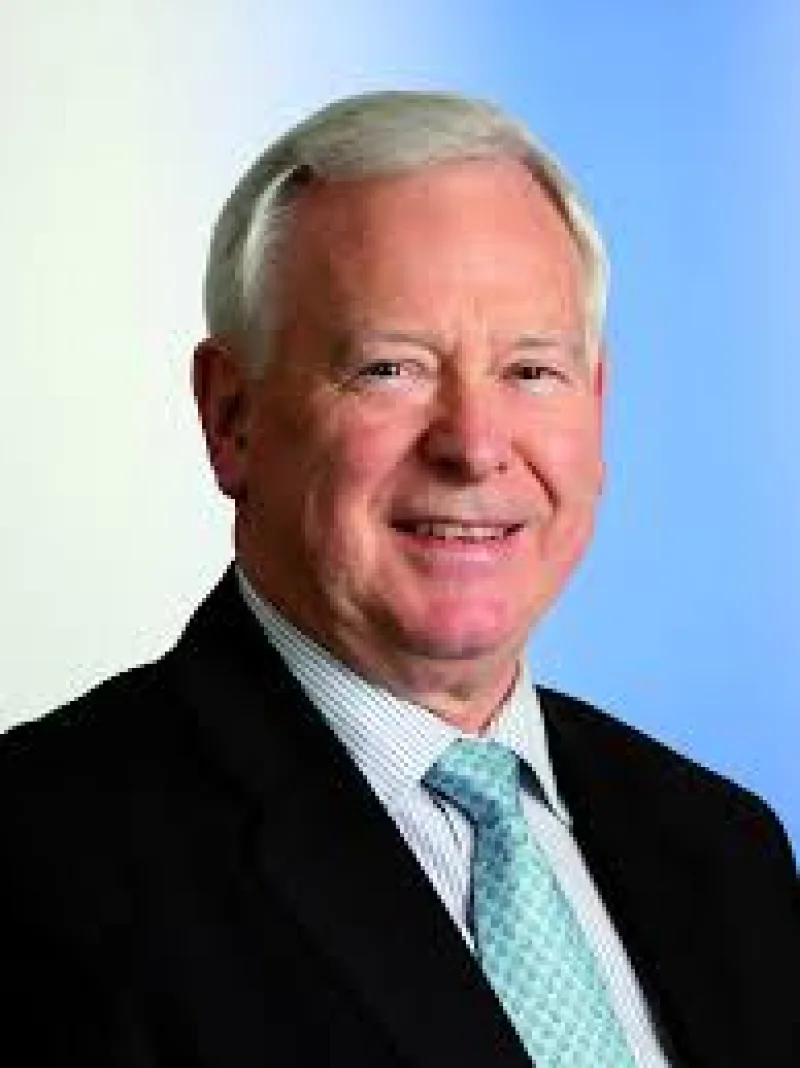Short Summary
Otto Hahn was a pioneering German chemist renowned for his work in radioactivity and radiochemistry. He is best known for the discovery of nuclear fission, a breakthrough that significantly impacted both scientific research and world history. His contributions to chemistry earned him the Nobel Prize in Chemistry in 1944. Hahn's work laid the groundwork for the development of nuclear energy and had profound implications during and after World War II.
Early Life & Education
Otto Hahn was born on March 8, 1879, in Frankfurt am Main, Germany, into a middle-class family. His father, Heinrich Hahn, was a successful businessman, and his mother was Charlotte Hahn. From a young age, Otto showed a keen interest in chemistry, conducting simple experiments in his home. He attended the University of Marburg and later the University of Munich, where he studied chemistry and earned his doctorate in 1901. Influenced by his professors and early exposure to scientific literature, he developed a strong foundation in the field of chemistry.
Career Highlights
Hahn's career began at the University College London under Sir William Ramsay, where he researched radioactivity. He then worked in Montreal with Ernest Rutherford, furthering his studies in radiochemistry. In 1907, he returned to Germany, joining the Kaiser Wilhelm Institute for Chemistry, where he spent most of his career. Hahn, along with his colleague Lise Meitner, discovered several new isotopes and ultimately achieved the groundbreaking discovery of nuclear fission in 1938. His work significantly advanced the understanding of atomic structure and radioactivity.
Major Achievements
- Discovered nuclear fission in 1938, which led to the development of nuclear energy.
- Awarded the Nobel Prize in Chemistry in 1944 for his discovery of fission of heavy atomic nuclei.
- Identified several radioactive isotopes, contributing to the field of radiochemistry.
- Served as President of the Max Planck Society from 1948 to 1960.
Famous Quotes
- "First you have a theory, then it may be proved by experiment."
- "Science, like art, has its own value."
Interesting Facts
- Hahn initially believed his discovery of nuclear fission was a minor chemical reaction.
- Despite his scientific achievements, he was deeply concerned about the moral implications of nuclear weapons.
- He was nominated for the Nobel Prize in Chemistry 13 times before finally winning in 1944.
- Hahn was an advocate for international scientific cooperation, especially post-World War II.
- He was a strong opponent of the Nazi regime and worked to protect Jewish colleagues during the war.
Legacy / Influence
Otto Hahn's discovery of nuclear fission revolutionized the field of nuclear chemistry and physics, laying the foundation for both nuclear power and nuclear weapons. His findings had a profound impact on the course of World War II and the post-war era. Hahn's legacy endures as a pioneer in radiochemistry and a figure who grappled with the ethical responsibilities of scientific discovery.
FAQ
Q: Why is Otto Hahn famous?
A: He is famous for discovering nuclear fission, which was pivotal in the development of nuclear energy and weapons.
Q: What award did Otto Hahn receive for his work?
A: He received the Nobel Prize in Chemistry in 1944 for his discovery of nuclear fission.
Q: Did Otto Hahn work alone on his discoveries?
A: No, he collaborated with Lise Meitner and Fritz Strassmann on many projects, including the discovery of nuclear fission.













